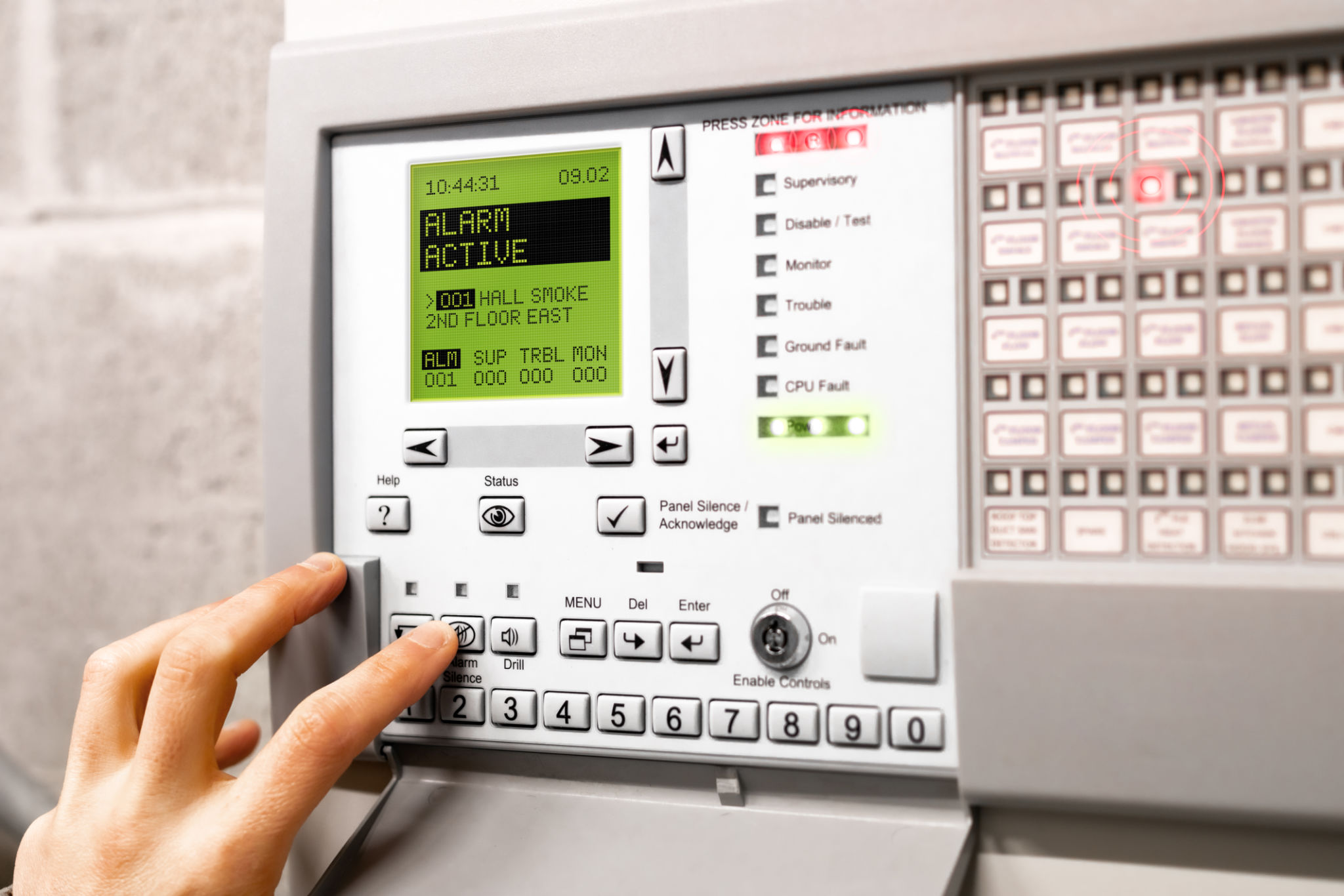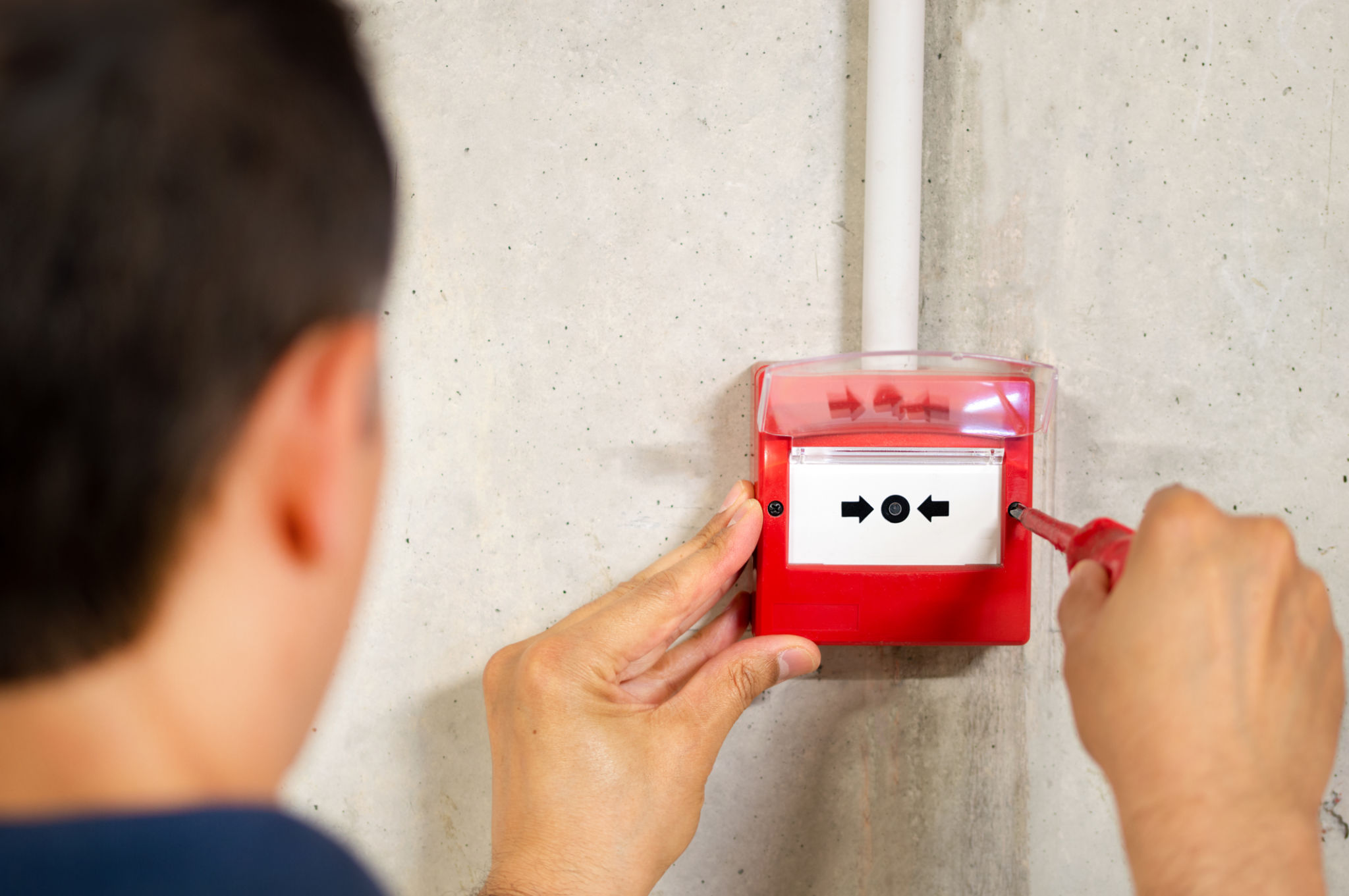Common Myths About Fire Alarms Debunked
Understanding Fire Alarms: Myths vs. Reality
Fire alarms are essential safety devices that can save lives and property. However, there are several myths surrounding their functionality and maintenance, which can lead to misunderstandings and improper usage. By debunking these myths, we can ensure better safety practices and peace of mind.

Myth 1: Fire Alarms Cause False Alarms Frequently
A common belief is that fire alarms are prone to causing false alarms, resulting in unnecessary panic and stress. While it's true that some older models may have been more susceptible to false alarms, advancements in technology have significantly reduced this issue. Modern fire alarms are designed with sophisticated sensors that can distinguish between smoke from a fire and other sources, such as cooking fumes or steam.
To minimize false alarms, it's important to install fire alarms in appropriate locations, away from kitchens and bathrooms, where non-fire-related smoke or steam is more common. Regular maintenance and cleaning also ensure optimal performance.
Myth 2: Installing One Fire Alarm is Sufficient
Another misconception is that a single fire alarm is adequate for an entire home or building. In reality, to maximize safety, fire alarms should be installed on every level of a home, including the basement and inside each bedroom. This setup ensures early detection, giving occupants more time to evacuate in the event of a fire.

In larger buildings or commercial spaces, a comprehensive fire alarm system should be in place, with interconnected units that alert all areas simultaneously.
Myth 3: Fire Alarms Last Forever
Some people believe that once a fire alarm is installed, it will function indefinitely. However, like any electronic device, fire alarms have a limited lifespan. Generally, it is recommended to replace smoke alarms every 10 years to ensure reliability. Regular testing and battery replacement are also essential to maintain effectiveness.
By adhering to these guidelines, you can ensure that your fire alarm system is always ready to protect you and your loved ones.

Myth 4: Hardwired Alarms Don’t Require Batteries
Many assume that hardwired fire alarms, which are connected directly to a home's electrical system, do not need batteries. While it's true they are powered by electricity, they still require backup batteries in case of a power outage. Regularly checking and replacing these batteries is crucial for continuous protection.
Ignoring the battery maintenance can lead to a false sense of security, leaving occupants vulnerable during emergencies.
Myth 5: Fire Alarms Are Only Important for Homeowners
A prevailing myth is that only homeowners need to worry about fire alarms. In reality, whether you rent or own, having functioning fire alarms is vital for safety. Landlords are generally responsible for installing and maintaining fire alarms in rental properties, but tenants should regularly test them to ensure they work properly.

Both tenants and landlords should prioritize fire alarm safety to protect lives and property effectively.
By debunking these common myths about fire alarms, we can foster a greater understanding of their importance and encourage better safety practices. Regular maintenance, proper installation, and awareness can make all the difference in preventing tragedy.
